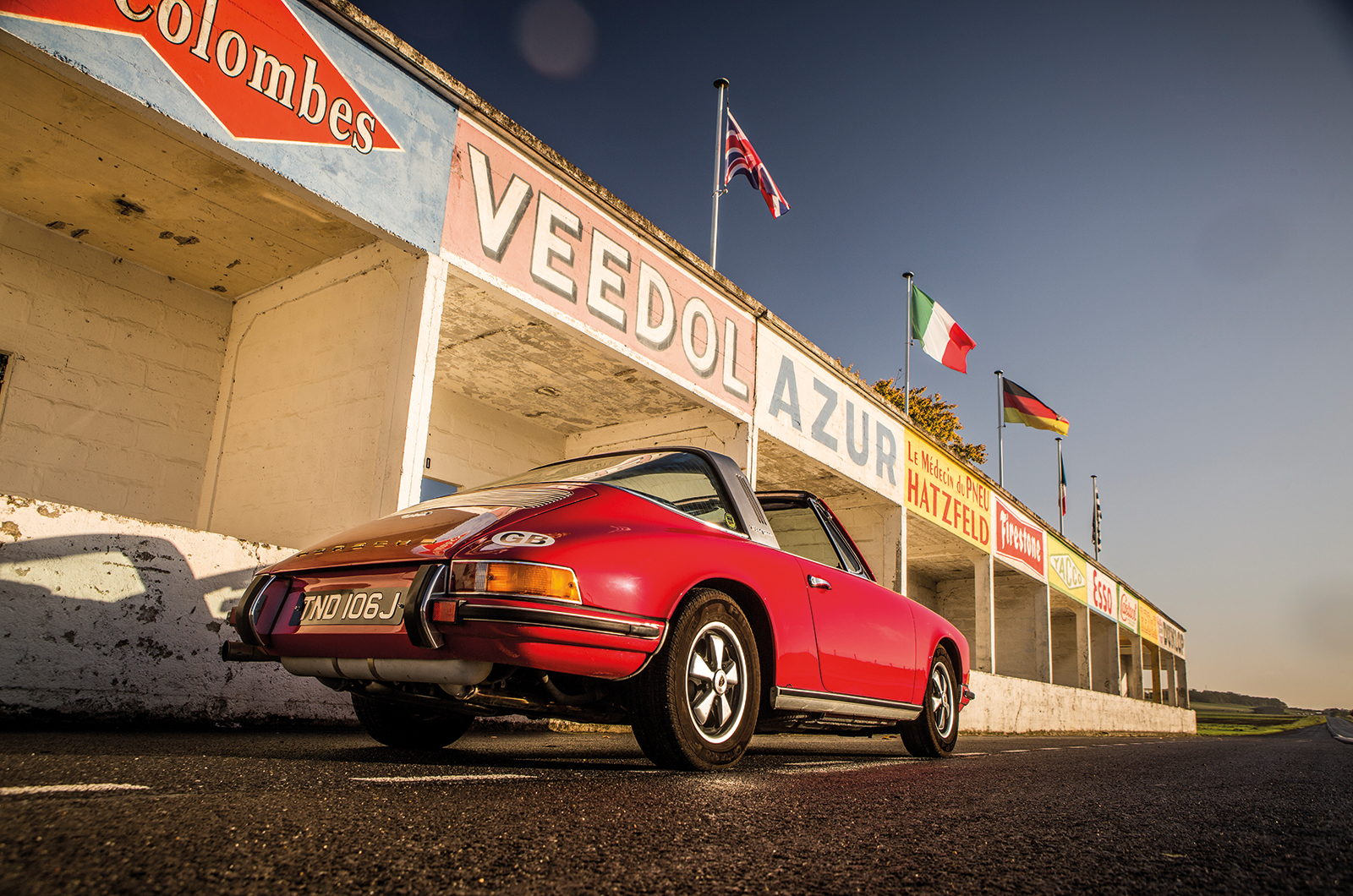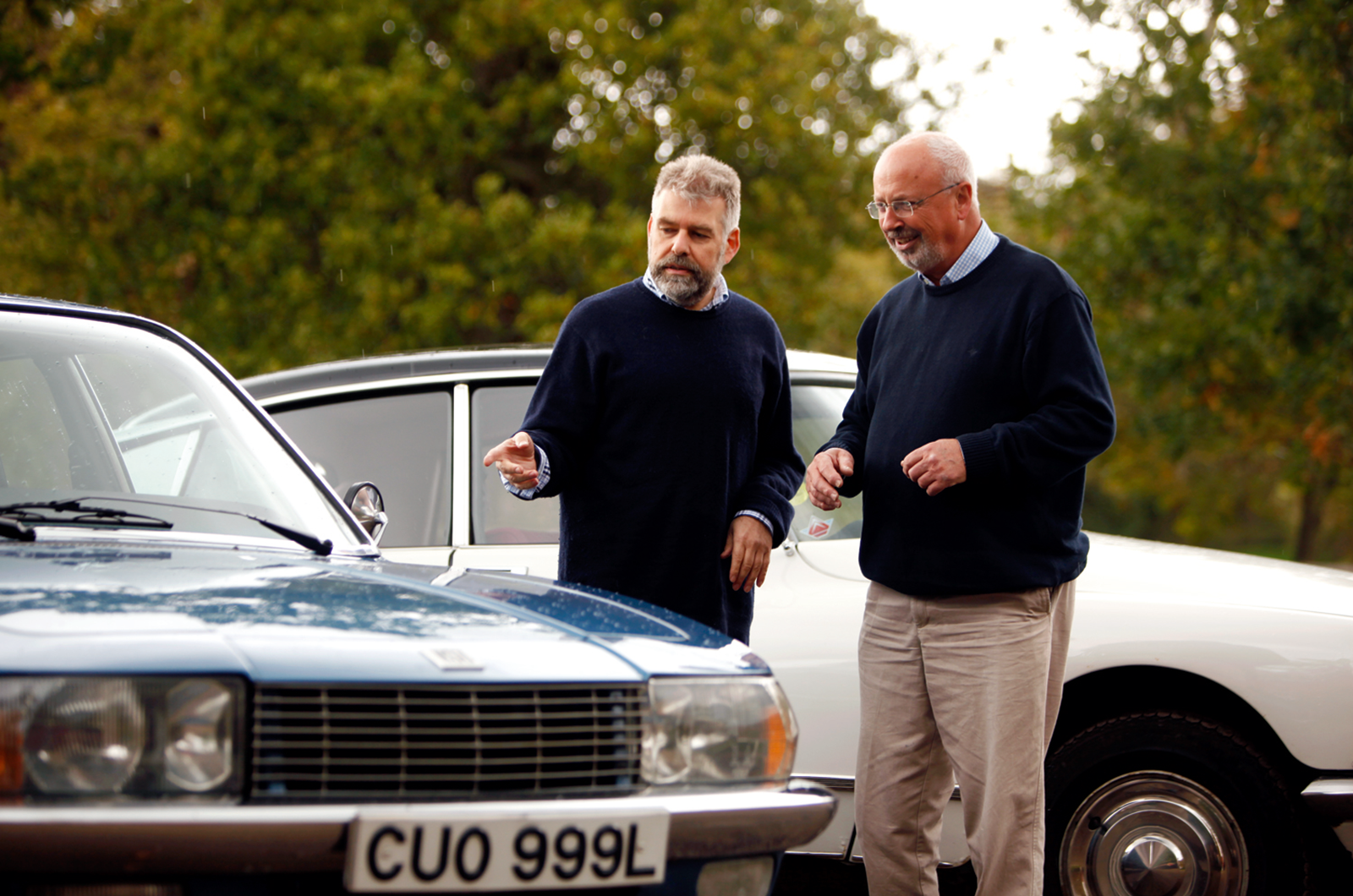
It’s finally happening: the UK is leaving Europe at 11pm on Friday 31 January 2020.
So what happens next?
Good question. Particularly because while there is, at present, a deal in place with the EU, it (currently) only lasts for the transition period, which expires on 31 December 2020. Therefore, what applies from 1 February 2020 may not from 1 January 2021.
But because no one can predict the future, here’s our guide to what classic car owners need to know from 1 February 2020. We’ll update it as the situation develops.
Will classic cars from the UK still be able to drive in Europe?

© Tony Baker
It’s good news on this front – for the transition period, at least.
Until the end of 2020, almost everything stays the same, meaning UK driving licences (and pet passports), so long as they are valid, will continue to be accepted during the transition phase in all European Economic Area (EEA) countries. That’s all EU member states plus Iceland, Norway, Liechtenstein.
And there’s more good news, because British travellers won’t need a visa to travel to the EU during the transition period either.


